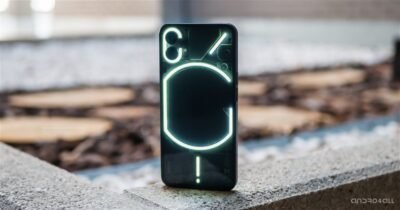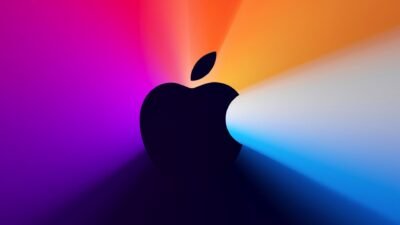Apple iPhone 12 Will Come With Larger Battery And Smaller Circuits

Apple users always love the device’s performance but when it comes to battery life, the die-hard users curse their phone’s battery life as it runs quite quickly and sometimes it becomes flat when you are out for some hours.
However, a new report from Korean sources claims that Apple will adopt a larger battery and a new motherboard design in iPhone 2020 lineup. According to the report Apple is planning to use smaller circuits on the motherboard in order to reduce the size of it.
This means, by reducing the circuit sizes, Apple is creating more space for battery, the new circuits measurement would be reduced from 50mm to 26mm length and 1.8mm to 1mm thickness. The combination of MOSFET (Metal Half Field Effect Transistor) and PCB board eliminates the need for component housing.
Samsung has already been working on a similar technical solution for its upcoming mobiles, it is reported earlier that Samsung is also using this technology in Galaxy S11 which is currently making rounds of leaks before it gets official.
Now you can expect improved and bigger battery in iPhone 12, the company is going to launch 4 new handsets and according to some sources 5 new handsets in 2020 including the biggest iPhone ever which measures 6.7-inch OLED screen. As reported earlier, the 4 iPhones will be 5G enabled, two of the iPhone will have a triple rear camera and three others will have dual rear cameras.
Apple is using Qualcomm’s X55 5G Chip to power its 5G smartphones that will only support Sub-6G or Sub-6G+ mmWave depending on the country’s specifications. This might not be helpful for various users in various countries however, it is the kind of network that reduces latency and provides the best 5G experience. On the other hand, Chinese smartphone makers are launching 5G phones which support any non-standalone 5G network compromising the quality and performance of 5G networks on mobile devices.
Digital marketing enthusiast and industry professional in Digital technologies, Technology News, Mobile phones, software, gadgets with vast experience in the tech industry, I have a keen interest in technology, News breaking.












